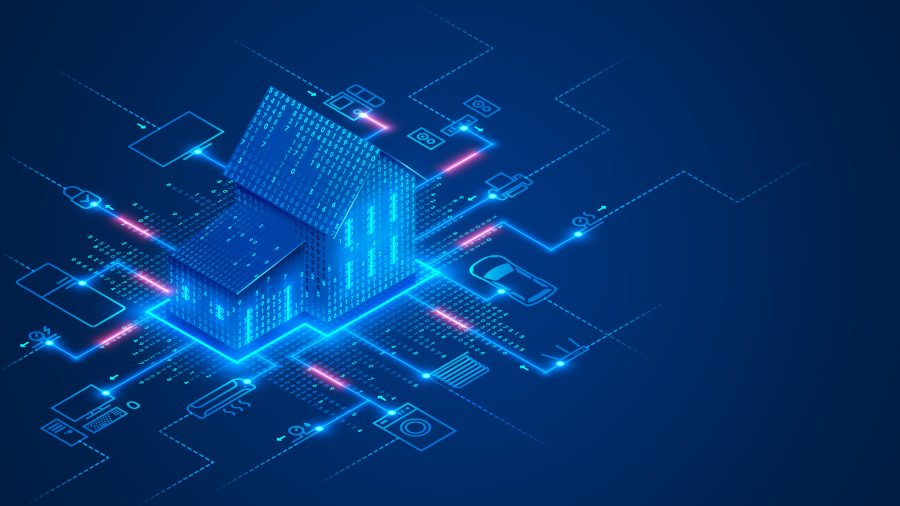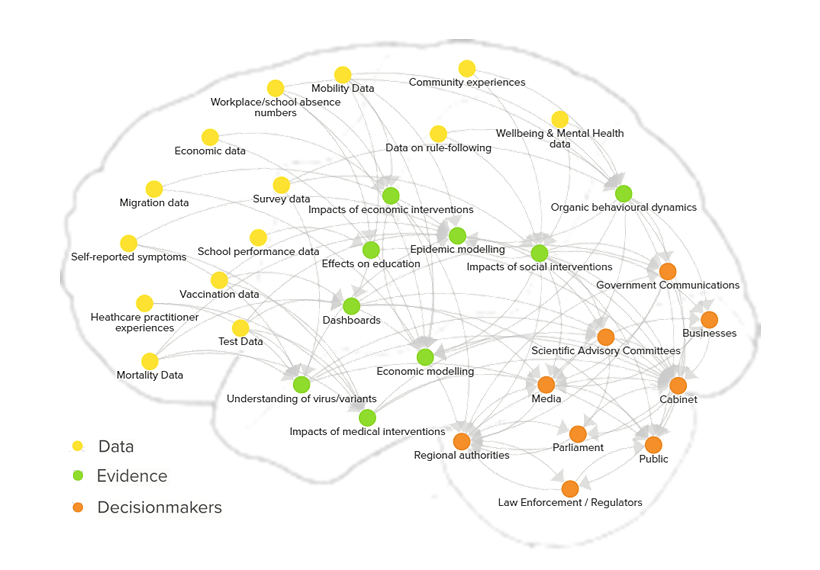How Governments Organised and Used Domestic Intelligence During the Covid-19 Pandemic

Oliver Marsh
The International Public Policy Observatory is running a short research project looking at how governments organised domestic intelligence during the pandemic. Intelligence includes data and evidence, and also processes for organising, synthesising, and using it.
We will investigate how effectively governments ensured they have access to the right intelligence, and how they integrated and synthesised it. The research combines case studies from across multiple continents, and will produce analysis and recommendations that could be applied to future pandemics and other crises.
We are seeking insights from people involved in processes of working with data and evidence for government(s) during the pandemic – including collecting, evaluating, synthesising, and/or using intelligence, and/or designing the processes by which this happened. This is not limited to health, but also wider economic and social impacts.
If this applies to you, please contact ippo@ucl.ac.uk. If this applies to someone you know, please send this on to them and/or suggest them to us. We are looking to arrange both 1:1 informal interviews, and also group sessions.
More on the project
The International Public Policy Observatory (IPPO) is based at UCL, and works with universities and INGSA the global network of science advisers amongst other partners. The lead researcher is Professor Sir Geoff Mulgan, and the research is funded by the ESRC.
We are investigating how governments orchestrated different kinds of intelligence that could help them make the right decisions – not just on the immediate health aspects of the crisis, but also on economics, mental health, social dynamics and other issues. Kinds of intelligence could include:
- Data (on everything from testing to mobility, and including citizen generated data);
- Evidence (on everything from impacts of lockdowns to effective behaviour change interventions),
- Tacit knowledge (of doctors, teachers, police and many others).
- Processes for guiding interpretation, synthesis, and decisionmaking.
- Accounting for feedback loops & emergent phenomena (how decisions affected and created new objects for study and forms of intelligence over the pandemic).
Schematic outline of possible intelligence flows:

This research will complement (and not repeat) the many studies underway on science advice. We are not looking to assess decisions made, or establish causal links between decisions made and effects on domestic impacts of Covid; we are focussing on the effectiveness of processes for using intelligence to make decisions, and any barriers to doing so.
Our research questions include:
- How effectively did governments ensure they have access to the right intelligence. How do they commission, prioritise, and synthesise?
- Are there common patterns in terms of gaps?
- Have governments used particular methods for integrating knowledge (eg models analysing trade-offs between economic and health impacts)?
The research combines case studies from across multiple continents, and will produce analysis and recommendations that could be applied to future pandemics and other crises.
